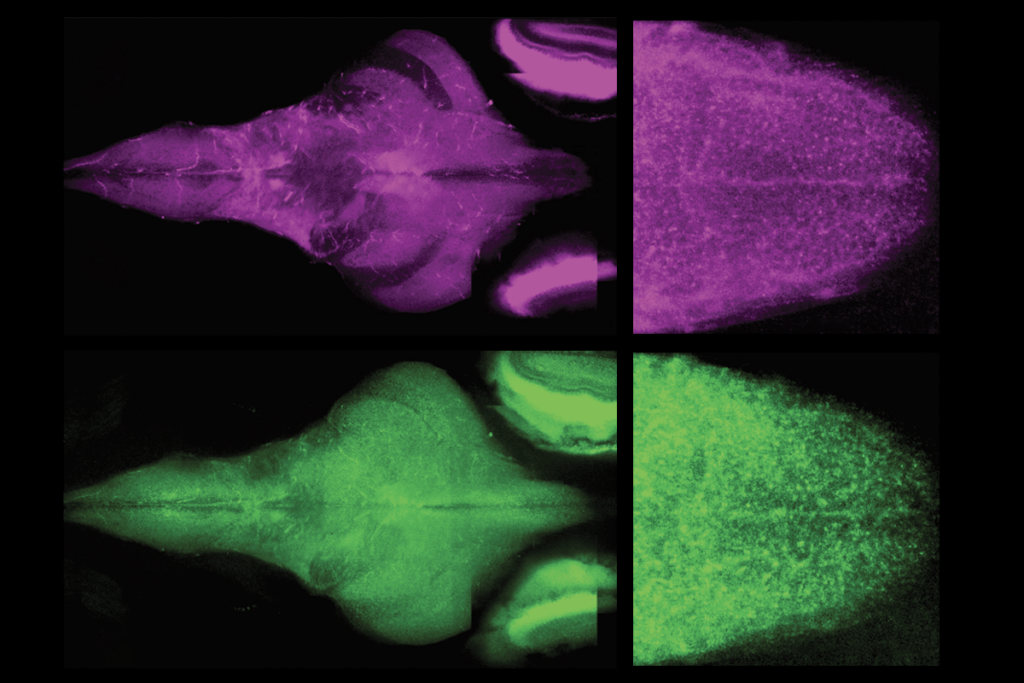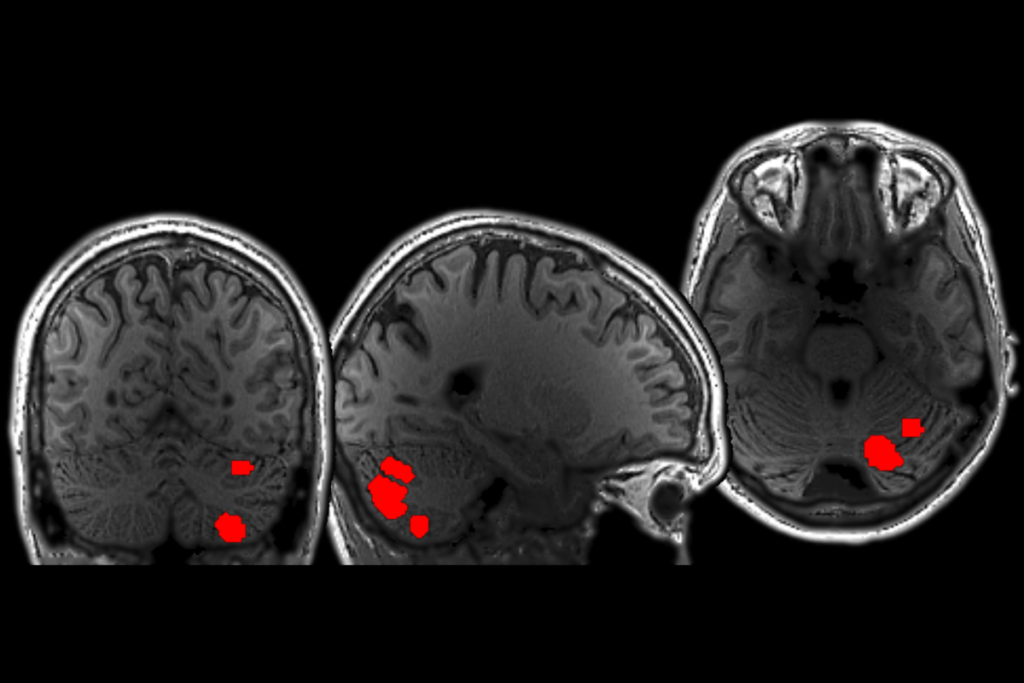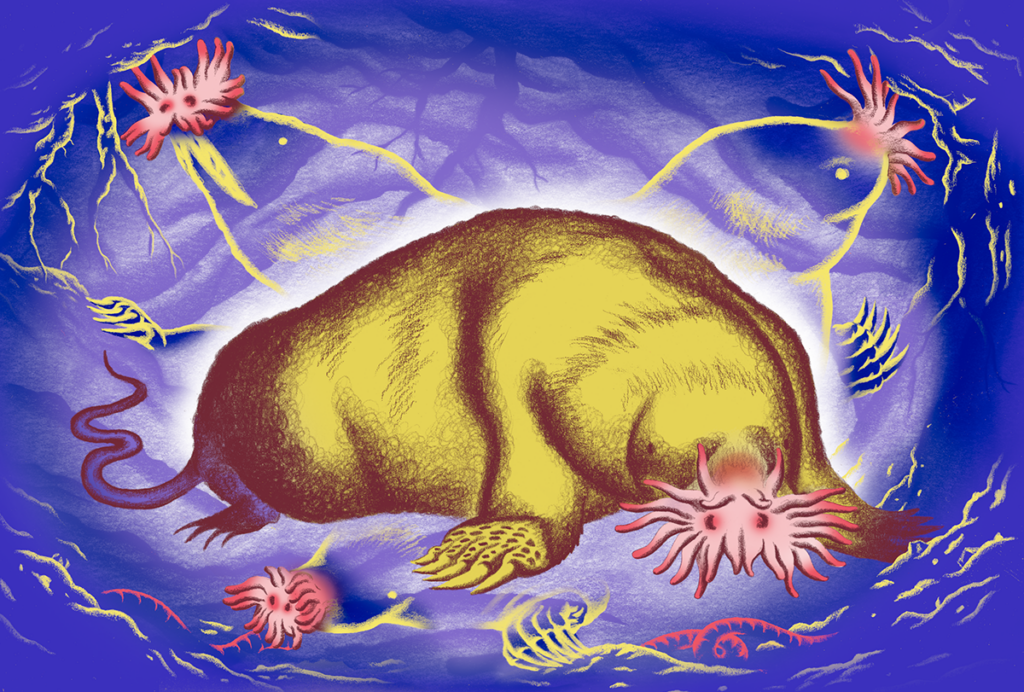Funding for sex differences in autism on the rise
Since 2008, funding for research on how autism differs in women and men has risen steadily.
In the eight decades since Leo Kanner and Hans Asperger first described autism, researchers have thought of the disorder as one that primarily affects boys.
As a result, much of autism research has historically focused on boys and men with autism, and few studies have examined how the condition manifests in girls and women. In the past few years, however, there has been a steady shift in the research community, with increasing interest in exploring sex and gender differences in autism.
Earlier this month, for example, the Autism Science Foundation, a nonprofit organization based in New York, unveiled a study that is intended to pin down the factors that may protect girls from developing autism. The study, called the Autism Sisters Project, aims to analyze the genetic sequences of the unaffected sisters of people with autism.
Exactly how much support has been available for research on sex differences in autism? To quantify this, we contacted nine leading organizations that fund autism research. We asked them for details of research projects they’ve funded that haven’t incidentally found sex differences, but were specifically designed to do so.
Not surprisingly, none of the organizations had data that were already broken down in this way, so each gave us a shortlist of grants they believe match the criteria. For example, the National Institutes of Health (NIH) directed us to NIH RePORTER. We looked at autism grants that include the keywords ‘sex,’ ‘gender,’ ‘female,’ ‘girls’ or ‘women’ and read through nearly 2,000 abstracts to find our subset. The other organizations provided us with their own shortlists.
In all, our estimates include data from the NIH, the Simons Foundation (Spectrum’s parent organization), Autism Speaks and the Autism Science Foundation. The other five organizations we contacted — the Nancy Lurie Marks Family Foundation, the Autism Research Institute, the U.K. Medical Research Council, the Brain and Behavior Research Foundation and the Organization for Autism Research — either have not backed research on sex and gender differences in autism or declined to provide their data.
Whenever possible, we cross-checked our findings with values reported to the NIH Office of Autism Research Coordination, which compiles funding data for autism research from 12 federal agencies and 8 private organizations.
Recommended reading

Largest leucovorin-autism trial retracted

Pangenomic approaches to the genetics of autism, and more

Latest iteration of U.S. federal autism committee comes under fire
Explore more from The Transmitter

Cerebellum responds to language like cortical areas

Neuro’s ark: Understanding fast foraging with star-nosed moles
